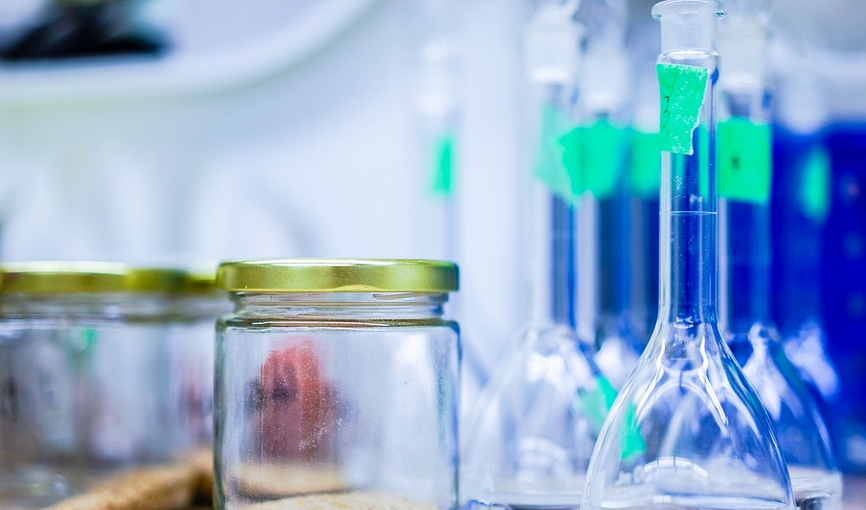The Importance of Uterine Lining Thickness
The uterine lining, also known as the endometrium, plays a crucial role in a woman’s reproductive health. It is the inner lining of the uterus, where a fertilized egg implants and grows into a fetus. The thickness of the uterine lining is important because it determines the likelihood of successful implantation and pregnancy.
The Effects of Alcohol on Uterine Lining Thickness
Alcohol consumption has been linked to a number of reproductive health issues in women, including decreased fertility, menstrual irregularities, and an increased risk of miscarriage. However, its effects on uterine lining thickness are less clear. Some studies suggest that alcohol consumption can lead to thinning of the uterine lining, which can make it more difficult for a fertilized egg to implant and grow. Other studies have found no significant association between alcohol and uterine lining thickness.
Factors That Influence Uterine Lining Thickness
While alcohol consumption may play a role in uterine lining thickness, it is just one of many factors that can influence this important aspect of reproductive health. Other factors that can affect uterine lining thickness include: – Hormonal imbalances – Age – Weight – Certain medications – Medical conditions such as polycystic ovary syndrome (PCOS)
Tips for Maintaining Optimal Uterine Health
Whether or not alcohol consumption affects uterine lining thickness, there are steps that women can take to promote optimal uterine health. These include: – Eating a healthy, balanced diet rich in nutrients such as iron, folic acid, and vitamin D – Staying hydrated – Getting regular exercise – Maintaining a healthy weight – Managing stress levels – Avoiding smoking and excessive alcohol consumption
Conclusion
While the effects of alcohol consumption on uterine lining thickness are still being studied, it is clear that maintaining optimal uterine health is important for overall reproductive health. By making healthy lifestyle choices and seeking medical care when necessary, women can give themselves the best chance of achieving a healthy pregnancy.

